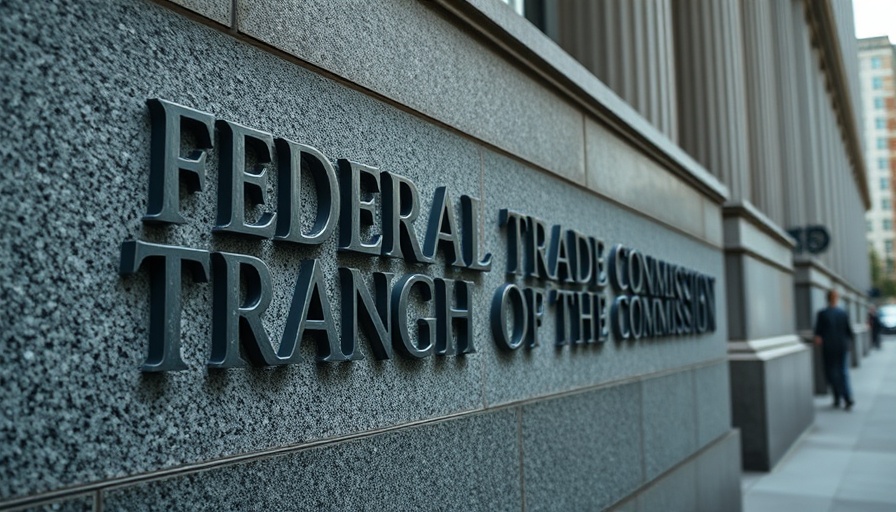
The High Cost of Insulin: PBMs Under Scrutiny
In a significant ruling, a judge in Missouri has allowed the FTC's lawsuit against the three largest pharmacy benefit managers (PBMs)—Caremark, Express Scripts, and Optum Rx—to proceed, stating that halting the case would contradict public interest. This move comes as part of the FTC's efforts to challenge practices that it alleges are contributing to the unreasonably high costs of insulin.
The case accuses these PBMs of engaging in a system that prioritizes higher rebates from drug manufacturers, which, according to the FTC, artificially inflates the list prices of insulin. As PBMs negotiate these rebates, they often exclude lower-priced insulin products, forcing patients to pay more for necessary medications. This practice raises accessibility issues particularly for vulnerable populations, such as those with chronic diseases who heavily rely on insulin for survival.
Background: Why This Lawsuit Matters
The problem of rising insulin prices is not new. In fact, a stark shift has occurred over the past decades. Insulin, which was once reasonably priced, has seen its list prices skyrocketing; for instance, Eli Lilly's Humalog rose from about $21 in 1999 to over $274 by 2017—an alarming increase of over 1200%. This pricing structure has resulted in a quarter of insulin users being unable to afford their medication, signaling a public health crisis.
The Potential Impact of the FTC's Action
The court's decision to allow the FTC's case to move forward not only places the practices of the Big Three PBMs under intense scrutiny but also opens the door for potential changes in how prescription drugs are priced and marketed in the U.S. The FTC has affirmed its stance against unfair and deceptive practices affecting commerce, and this lawsuit could pave the way for reforms that benefit consumers. If successful, it may lead to increased transparency in drug pricing, ultimately leading to reduced costs for patients and improved access to life-saving medications.
Consumer Perspectives: The Union of Health and Financial Strain
The implications of this ruling are deeply felt among consumers, particularly those managing chronic conditions like diabetes. These patients often face not only the physical burden of their condition but also the financial strain caused by high drug prices. As the case unfolds, advocates for lower drug costs see a glimmer of hope that accountability could be placed on entities that utilize unethical pricing strategies, driving up the cost for the sickest among us.
Looking Ahead: Possible Changes in Healthcare Practices
The ongoing FTC lawsuit sends a clear message that systemic changes may be on the horizon for the PBM industry, which administers around 80% of U.S. prescriptions. Depending on the outcome, we could see a reevaluation of how PBMs conduct business, aiming to foster a competitive market where patients can access affordable medications without facing exorbitant out-of-pocket costs. It's also a reminder to stay informed and engaged about the forces that dictate our healthcare landscape—insulin is just one piece of the much larger puzzle.
 Add Row
Add Row  Add
Add 




 Add Row
Add Row  Add
Add 



Write A Comment